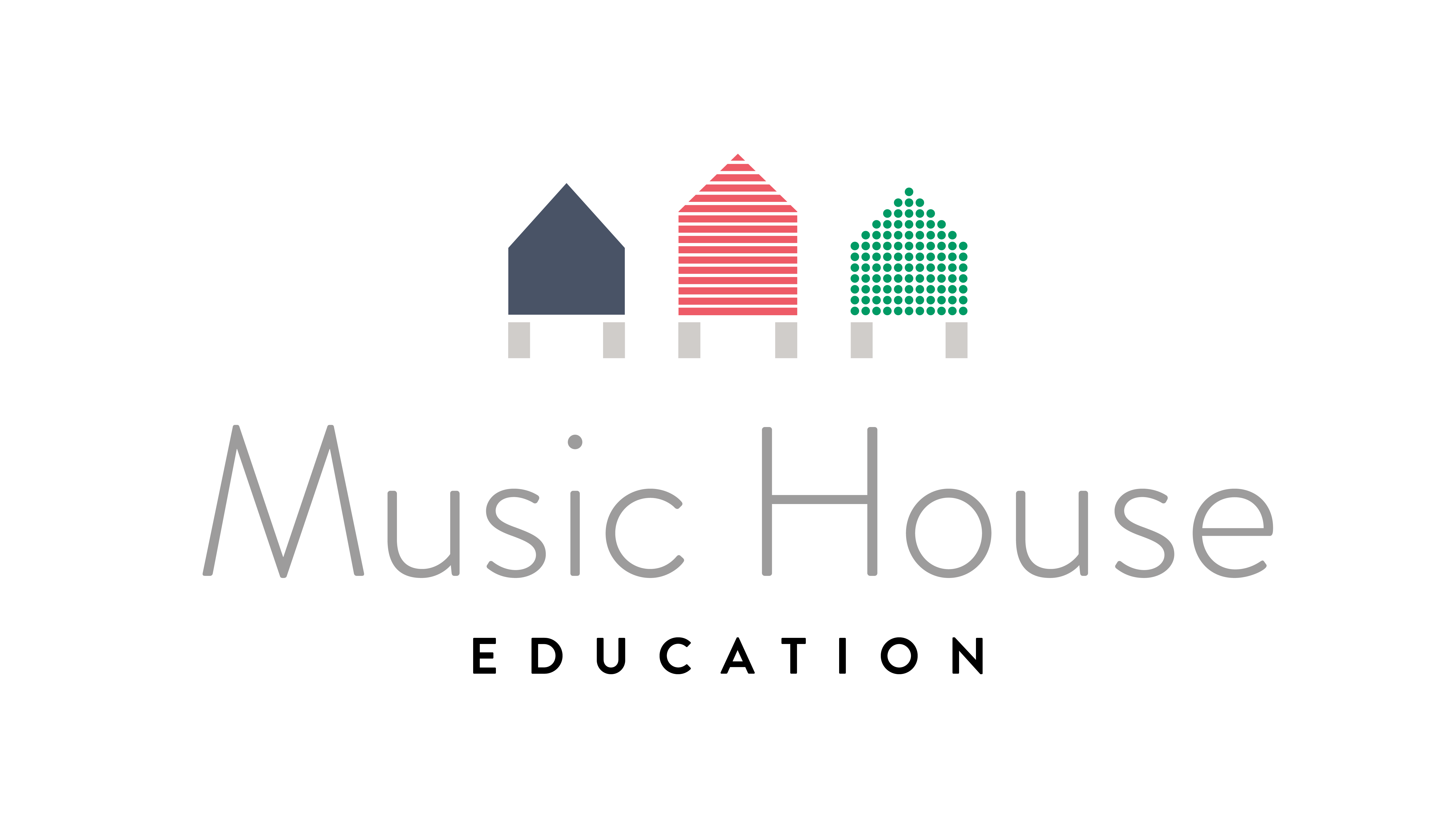Music Provision for Children and Young People with Additional Needs
A range of music activities, clubs, workshops and concerts are sensitively created to strengthen core skills, learning and communication in nursery ages, children and young people. We support autism, language delay, non-speakers, global development delay, and other areas.

Additional Needs

SEND Music Therapy
Joyful music sessions for children with SEND to support learning, communication, and social development. Led by our HCPC-registered Music Therapist, sessions combine live music making, movement, and sensory exploration. The framework is adapted to individual needs and preferences, ensuring a supportive, inclusive environment. Our therapist nurtures self-expression, emotional wellbeing, and interaction through flexible and structured music making. Group and one-to-one sessions available.
Group sessions:
For more information, please enquire at info@musichouseeducation.com.
1-1 sessions:
For more information, please enquire at info@musichouseeducation.com.
Our joyful music therapy sessions nurture social and communication skills through playful music-making, singing, movement and vibrant visuals. We work with individuals and small groups using a gentle, flexible structure that supports choice, confidence and familiarity. Students explore sounds and instruments together in a relaxed environment. Sessions are often guided by curriculum based themes such as travel and transport spark imagination, empower beneficiaries and imbue music making with real-life meaning.
Music Therapy
Music therapy is founded on the believe that music is a form of communication that everyone
can access regardless of their musical background. Music Therapy utilises beneficiaries' innate musicality to engage them in practical, interactive music making. Through shared music making a therapeutic relationship is established from which positive change can occur. Often the non-verbal medium of music enables characteristics of a child to emerge through other means of physical or emotional responses.
Spontaneous music making allows for freedom and authentic self-expression, and helps develop a sense of self, building self-esteem and strengthening emotional regulation. The beneficiary develops independence and how they interact with others. With music therapy a whole range of instruments and genres can be explored!
A breakdown of musical areas depends on individual preferences and can include:
• Song writing
• Composing using technology
• Improvising
• Playing pre-composed songs
• Lyric writing
• Group work
• Listening to music
What is a Music Therapist?
Music Therapy is delivered by someone who has undergone the required master’s level training. Music therapists are also registered with the HCPC (Health Care Professionals Council). Theirtraining enables an understanding of a client’s from personal history, social context, culture, and family structure, and how the information can support the structure of a session.
Music Therapy training requires a high level of musicianship across a range of instruments and genres so sessions can be adapted to the emotional and musical needs of a child. These might include music and instrumental improvisation, 1-1 music instrumental tuition, vocal workshops, and bespoke classes.
As Music House Education's resident Music Therapist, Martha is qualified to work on across the different ages and needs, in small groups and on a one to one basis. Music House Education has a clear ethos of inclusivity, striving to ensure those with learning differences, additional needs, and developmental delay can still access the joy of music. Martha will be able to provide creative, collaborative, and safe therapeutic experiences that is accessible to all children regardless of musical or cognitive abilities. Her work is underpinned by a 'strengths based' approach where children and students can explore their emotions and identity, and work on developmental goals such as speech and fine/ gross motor skills.

SEND Saturday Club (3 - 6 yrs)
A relaxed weekend music club for children and young people with SEND, focused on enjoyment, creativity, and shared connection through music. Led by an experienced early years/SEND educator, sessions are playful and responsive, encouraging participants and their adults to explore instruments, movement, and sound together. The club offers a safe, welcoming space for sensory play, spontaneous music making, and gentle social interaction. Perfect for those who benefit from playful, unpressured creative music adventures.

Home Tuition (1:1 Lessons)
Our hand-chosen teachers are selected for their love of teaching and their technical rigour. We match each pupil with the right tutor through a detailed registration process, creating bespoke lessons that build confidence, independence and a strong musical voice.
Lessons from £32 (30 mins). Available for children and adults, including neurodiverse learners. Email to enquire and we’ll recommend the best teacher for your goals.

Saturday Piano Club
Group piano sessions are ideal for providing an early introduction to the piano and reading music.
With a maximum of six per class children develop early piano technique, music comprehension, appreciate different genres, listening to each other and perform. These clubs are carefully structured to give children a joyful insight to instrumental learning whilst retaining a classical framework to music education.
What's on at Music House for Additional Needs?
Book shows and workshops for all ages!

